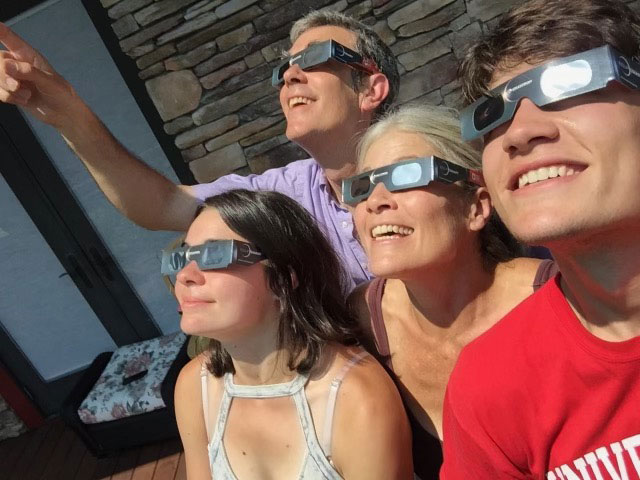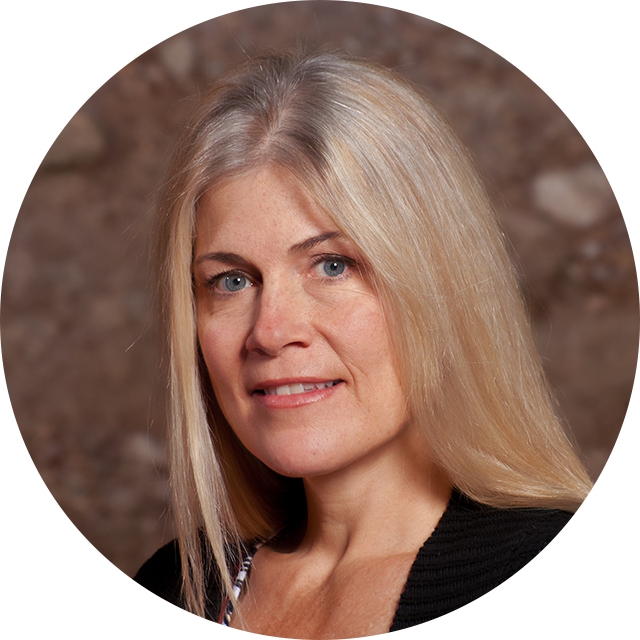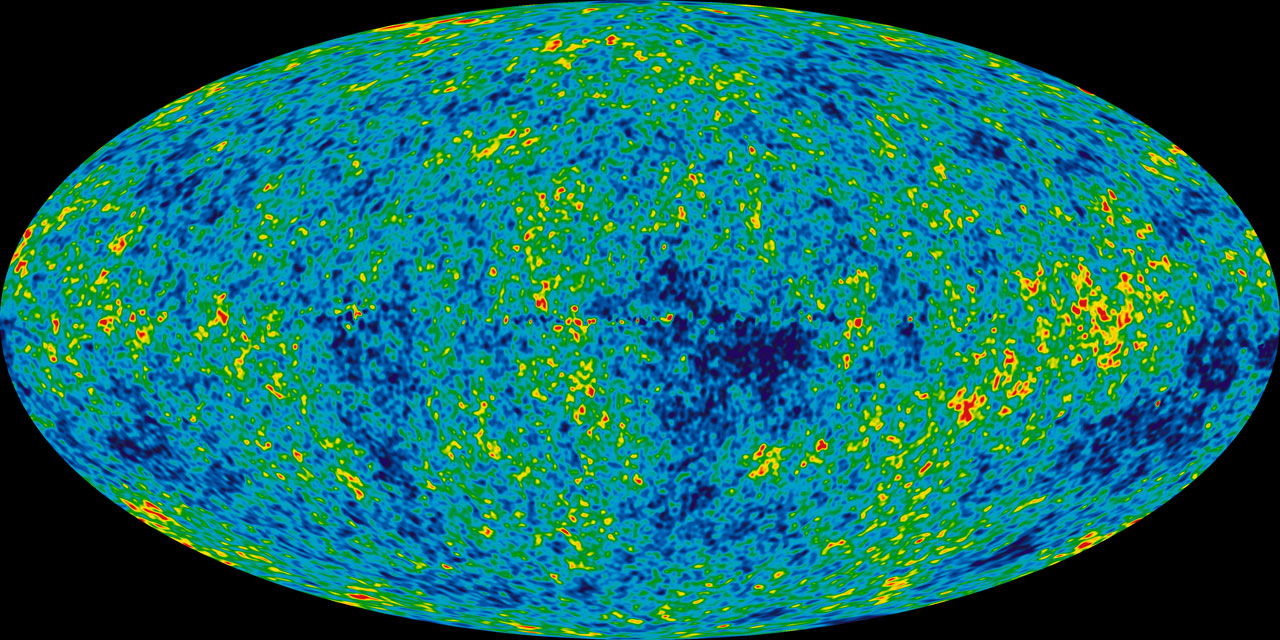
Rosamond Ro Kinzler
Senior Director, Science Education - American Museum of Natural History
Lakeland High School
MIT
Earth, Atmospheric and Planetary Sciences

As a child I got to know a family in which both parents had PhDs in science and then all 4 children (who were a few to several years older than me) went on to pursue science and get PhDs and I was amazed at what they were able to do - they traveled the world, did field work in interesting places, enjoyed what seemed like a lot of independence (they were all in academia in one way or another) and seemed to really like their professional lives. So I decided I wanted to be like them. All four children happened to go to MIT so if figured I would try to do that as well. And MIT turned out to be a great environment to develop as a scientist.
OpenSpace is new open source interactive data visualization software designed to visualize the entire known universe and portray our ongoing efforts to investigate the cosmos.
I am Senior Director of Science Education at the American Museum of Natural History (where I have worked for nearly 30 years). I am fortunate to be able to 'do' a lot of different things.
I am the lead on our SciAct funded OpenSpace project. It is one of my favorite aspects of my job because the work is so interesting. We partner with several universities and informal science centers, and work with many different types of subject matter experts. The work is always changing and growing.
In addition to that I lead the digital projects for the AMNH's Education Department, including the development of our full dome digital planetarium shows, and I co-lead our MAT Earth Science Residency Program which prepares new STEM teachers for high-need urban middle and high schools. We have 15 current residents who will finish in August 2023 and start teaching in September. We have graduated 152 STEM teachers to date.
Be curious. Especially about the natural world. Science is really about being curious about something enough to ask questions about it, and then to follow up on those questions. Don't be afraid to ask others to help you with your questions and with following up.
Your voice belongs in science!
My favorite science image is the image of the cosmic microwave background radiation (CMB) - and it is actually not just one particular image but rather the fact of the image.
The first time I learned what it was I was literally blown away (and it still blows me away to this day). It represents the moment in time when the first light 'slipped free' from the early developing universe and started to travel. And that we can study the structure of the CMB to try to understand how the universe formed.

Who inspires you?
So many people, but I would have to say my mother.
I love dogs and have been training in the dog sport of agility for the past few years - a great way to really make a fool of oneself!
My husband and I have been married for 34 years and we have two children - my son is 26 and my younger child Liv is 23. I love to walk and hike with my family. I also enjoy cooking.
I am one of those scientists who grew up feeling like I was 'never good at math'. In fact when I decided I wanted to pursue science and go to MIT my pre-calculus teacher in high school literally told me not to do that - he said I 'wasn't good enough at math' and should choose a different career. Well - funny thing is that he was nearly right.
I got to MIT and I struggled so much through three semesters of calculus that I almost did not stay, and I certainly was determined, once I barely survived differential equations, to never take another math class. But by the time I was in my fourth year I realized that:
My high school math teacher was just not good at his job, and
that I had been lacking the study skills and confidence needed to succeed in math during my first couple of semesters at MIT.
So I screwed up my courage and took an upper level linear algebra course- and after a shaky start I found my footing and ended up doing very well, which helped my confidence a great deal. At that point I had decided I wanted to go to graduate school in science and felt I should take more math so during my first year of graduate study (still at MIT) I took two semesters of engineering calculus and while it was challenging I was able to meet the challenge and learn really useful concepts that were important for my ongoing research.
My take away from this is that if you think you are 'bad at math' it is very likely because you haven't found the right teacher (for you).
